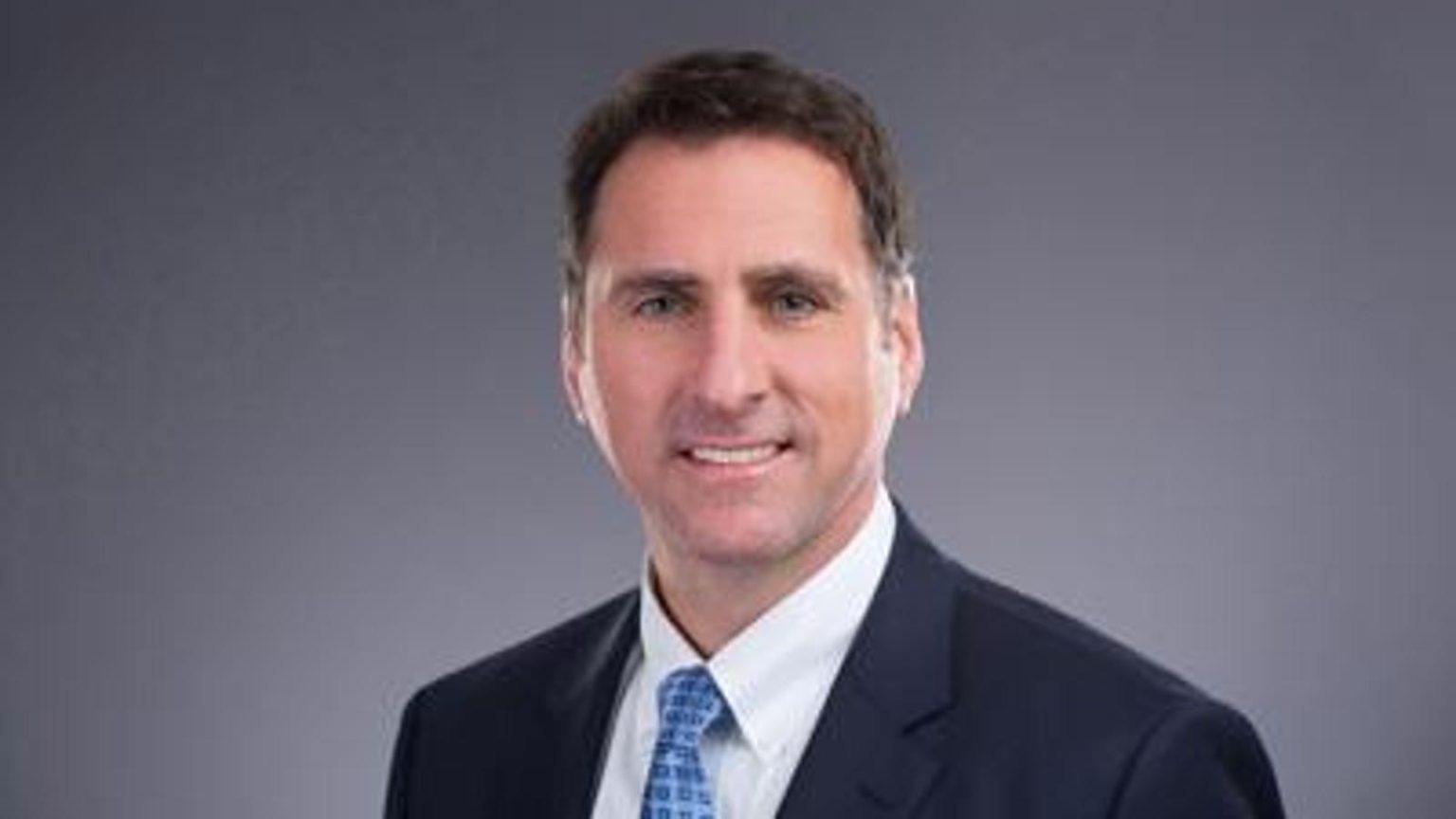InnovationRx is your weekly digest of healthcare news. To get it in your inbox, subscribe here.
The 13th Annual Forbes Healthcare Summit is taking place on December 4th in New York City. Known for its unparalleled networking and on-stage breaking news, this summit surrounds you with top healthcare professionals, healthtech innovators, and business executives from leading healthcare, pharma, insurance and wellness companies.
Here’s just a few of the speakers who will be sharing their insights at the event:
- Judy Faulkner, Founder and CEO of Epic
- Stéphane Bancel, CEO of Moderna
- Eric Lefkofsky, Founder and CEO of Tempus
- Kate Ryder, Founder and CEO of Maven Clinic
- And many more!
You can apply to attend by following this link. We hope to see you there.
With Less Invasive Knee Procedure, Vericel CEO Says Company Is Poised For More Growth
Persistent knee pain is sometimes caused by damage to the cartilage that lines the end of the bones that form the knee. That damage can be caused by injury or just result from wearing down over time. One potential treatment for this is MACI, offered by Vericel.
With MACI, a surgeon will take a small sample of a patient’s own knee cartilage, which is then multiplied in a petri dish over time. Then, the cartilage is reinserted into the knee along with a dissolvable “scaffold” that helps ensure that it grows properly, helping to repair the joint.
MACI, approved by the FDA in 2016, is already a major revenue driver for Vericel with over $84 million in sales in the first half of 2024, representing growth of about 20% year over year. In August, the FDA approved arthroscopic administration of MACI, a much less invasive procedure that CEO Nick Colangelo said poises his company for even further growth.
“A less invasive surgery, less postoperative pain, faster postoperative recovery, better aesthetics– all of those things matter to patients,” he told Forbes.
As the company begins to make plans for 2025, it’s focused on expanding the number of surgeons who are using MACI to treat its patients. Additionally, Colangelo said that the company is working with the FDA about the potential for MACI to repair damaged cartilage in the ankle, with the hope of “initiating a clinical study next year,” he said.
Pipeline & Deal Updates
Biotech: March Biosciences, which is developing new CAR-T therapies against certain cancers, announced it has raised a $28.4 million series A round.
Digital Health: HealthEx, which is building an AI-platform to track patient consent and preferences, launched from stealth and announced seed and series A funding of $14 million.
Parkinson’s Disease: The FDA approved foscarbidopa and foslevodopa, marketed by Abbvie as Vyalev, as a treatment for patients with advanced Parkinson’s disease.
AI For Drug Discovery: Terray Therapeutics, which is using an AI platform to discover new small molecule medicines, announced it has raised a $120 million series B round.
Radiotherapy: Sanofi has entered into a research partnership with Orano Med to develop new radiation treatments for certain cancers. As part of the agreement, Sanofi will make a $323 investment into Orano Med.
Gait Analysis: OneStep, which has developed a smartphone-based system to analyze a patient’s gait and mobility, has raised $36 million in new investment backing.
Cell Therapy: AvenCell, which is developing new CAR-T cell therapies, has raised a $112 million series B round.
The Billionaire Behind Groupon Is Making A Fortune In An Industry He Swore He’d Never Enter
Walking through health technology firm Tempus AI’s midtown Manhattan office, Eric Lefkofsky brushes past stick-straight fronds of snake plants in neatly arranged planter boxes and employees chatting over lunch in the open-floor-plan space which, unlike the company’s Chicago headquarters, doesn’t have an actual laboratory. In his signature oval glasses and a navy button-down, the billionaire walks into a nearby conference room, doesn’t bother closing the door and skips the small talk.
“I tend to be very singularly problem-focused,” the Tempus founder and CEO says, swiveling in his chair. “I get consumed by it, and then don’t spend time thinking about anything else.”
Lefkofsky never imagined he’d end up here, nine years into helming a health tech company he founded. Even after starting companies in the disparate industries of apparel, printing, logistics, media and, most famously, e-commerce, with Groupon, he’d insisted to himself that he would never create a healthcare company. The industry was too regulated, he reasoned.
Then, in 2014 his wife was diagnosed with breast cancer. He was puzzled at how little data permeated her care. He spent a year talking to oncologists, and then, despite having no healthcare background, founded Tempus in 2015. The firm began as an oncology-focused data company, sequencing cancer patients’ tumor samples and analyzing them with AI models to help determine a more accurate diagnosis and personalized treatments. It’s now expanding to some psychiatric disorders (depression, anxiety, ADHD) and cardiology with a broad goal to apply artificial intelligence to “all disease areas globally.” And it’s licensing parts of its dataset to pharmaceutical firms like AstraZeneca and researchers at such places as the Mayo Clinic.
Read more here.
Other Healthcare News
Judy Faulkner Made $7.7 Billion From Healthcare Software. Here’s Her Unusual Plan To Give It Away.
McDonald’s Quarter Pounder Linked To E. Coli Outbreak—Exec ‘Very Confident’ Food Is Safe: Here’s What To Know
As Walgreens Closes Stores, Strategy Emerges To Invest In Those That Remain
Under New CEO, Don’t Look For Major CVS Health Breakup
Elevance Health Latest Insurer Battered By Higher Medical Costs
Amazon’s One Medical Partners With Cleveland Clinic
Across Forbes
What Else We are Reading
What Drugmakers Did Not Tell Volunteers in Alzheimer’s Trials (The New York Times)
What’s on the docket for Congress post-election: Chinese biotech, Medicare payments, ACA subsidies (Stat)
Journals with high rates of suspicious papers flagged by science-integrity start-up (Nature)
Read the full article here





